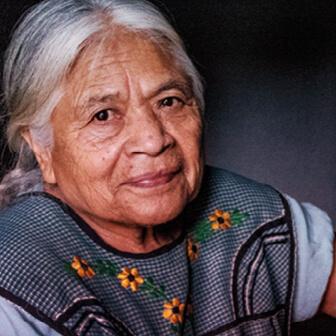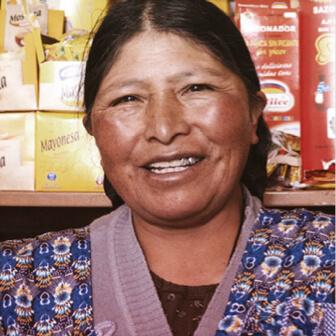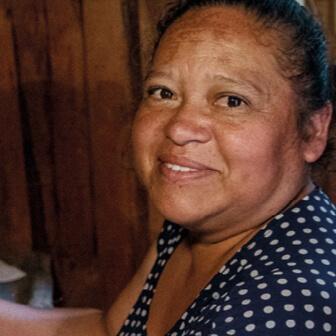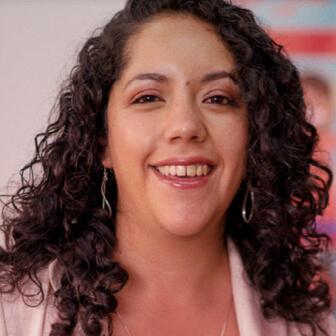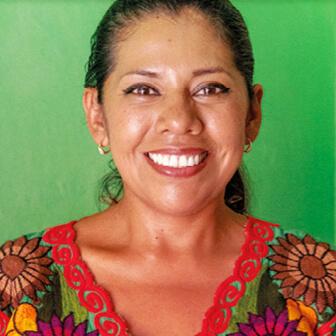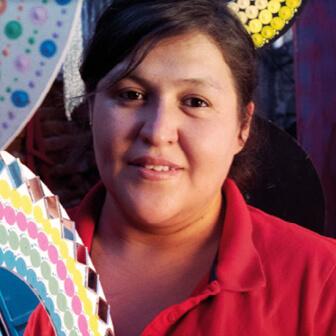Small Business Ownership for Women In Latin America: Analyzing and Overcoming Challenges
9 marzo, 2011
Events
A few days ago, Rebecca Feinberg, Pro Mujer Grant Writer and a member of the WAM-NY Steering Committee (NY Chapter of Women Advancing Microfinance) moderated an intriguing presentation by Barbara Magnoni, President of EA Consultants, and Jennifer Powers, Access to Finance Manager for EA Consultants. The event, which was organized by WAM-NY and held at the NYC offices of Morgan Stanley, was to discuss Barbara and Jennifer’s findings on the challenges to women’s small businesses published in, A Business To Call Her Own: Identifying, Analyzing and Overcoming Constraints to Women’s Small Businesses in Latin America and the Caribbean.
Bryan Wagner, Vice President of Morgan Stanley’s Environment, Social Finance, and Community Reinvestment Group, kicked off the event by discussing Morgan Stanley’s commitment to sustainability and thought leadership in microfinance. Following Bryan’s opening statement, WAM-NY Co-Chair, Archana Shah, took to the stage to welcome those gathered and provide an overview of WAM-NY.
Rebecca set the stage not only by highlighting the high level of women living in poverty throughout the world, but also showing the contribution and impact women’s microbusinesses have, particularly in Latin America. Referencing Barbara and Jennifer’s study, “Small business is seen as a major contributor to developing country growth. In fact, a study by the National Federation for Women’s Business Ownership (NFWBO) shows the percentage of women entrepreneurs in a country can explain up to 19% of GDP in Latin America.”
Rebecca went on to highlight that women’s businesses are especially important because women tend to invest more of their earnings in household needs and education than men do, thus having a direct impact on their family’s wellbeing.
Before giving up the stage to Barbara and Jennifer, Rebecca shared the story of one of our inspiring success stories, Pro Mujer client Irma Torres. Using Irma as an example, Rebecca emphasized the potential women’s businesses have on their own lives as well as the lives of those in their community. She continued to highlight the importance of microfinance AND training as two of many tools to help women lift themselves out of poverty.
With the help of a $150 loan from Pro Mujer to start a business, Irma went from desperate poverty to being the owner of a water treatment plant outside of Mexico City that today employs 18 people. As a result of her hard work and her entrepreneurial spirit, Irma won 1st place in the Urban Social Responsibility category at the 2009 Banamex Microenterprise Awards.
Barbara and Jennifer then provided an overview of their research, key findings and policy recommendations. Jennifer described the lack of data on women’s businesses in Latin America and the need for improved data, particularly in regards to long-term studies. Both of them used literature reviews, statistics, case studies, and interviews from Bolivia, Colombia, Guatemala, Mexico, Nicaragua, and Peru.
Barbara went on to describe the gender differences among small businesses in Latin America, citing women’s businesses are often up to 30% less profitable than men’s; overwhelmingly located in the commerce sector; and women often receive smaller loans than men.
According to their findings, the main constraints to women’s businesses are:
- Access to financial services;
- Social conventions;
- Family responsibilities; and
- Education and training
Barbara and Jennifer’s three main recommendations to combat these constraints include:
- Research and data analysis;
- Financial products and delivery; and
- Training
The evening ended with a lively Q&A session focusing on the types of training suggested, the importance of family planning and the rationale for supporting women’s businesses.
All in all, it was a great evening that provided the audience with a lot of key insights into the challenges women microentrepreneurs face in Latin America.
Anna Keye, who in addition to helping ensure the smooth administration operations of Pro Mujer’s international headquarters in New York, recently finished her Master’s in International Relations at the City College of New York.
